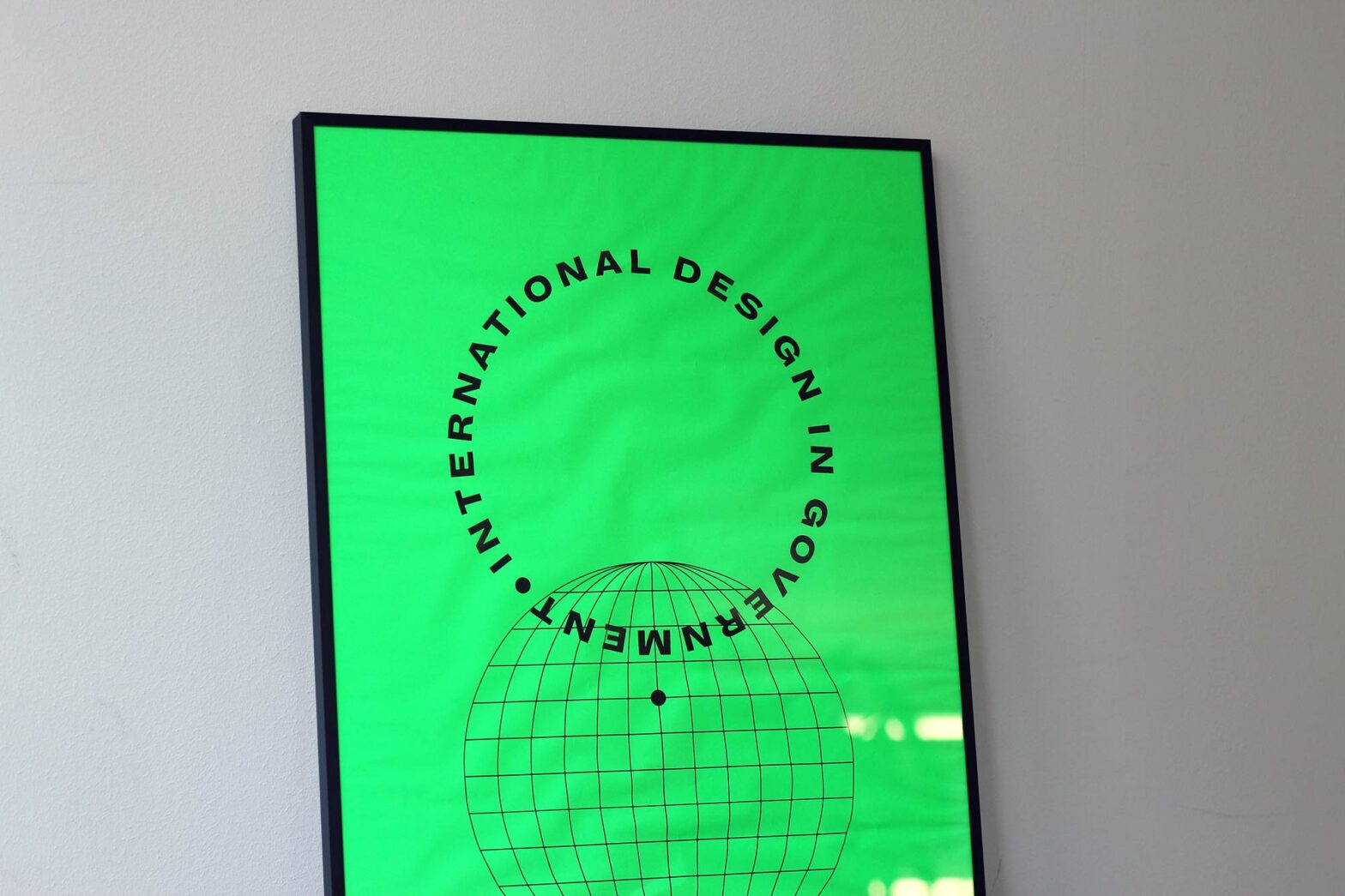This week has been a rather difficult one. It has shown me once again how challenging our transformation work can be, how much teams struggle at times, and how many things on different levels remain tricky. More detail in a moment.
This week’s struggles also proved the relevance of the topic of this season’s talks. Kara and I will look at the ‘long slog of public service design’ throughout autumn. Among various other aspects, we will discuss struggles, resilience, and stamina in the context of our work.
We already started but now go deeper with further research. We put out a survey to learn more about people’s experiences, approaches and coping mechanisms. Via the various social media platforms, the survey reached a few thousand people and resulted in dozens of useful responses. After analysing the data, Kara and I plan to start speaking with people in the coming days and continue throughout August, mostly long-serving public servants in various countries on 3 continents.
So my motivational haven this week has been international preparation work. In a dense 90-minute working session, Kara and I didn’t only plan the research activities for our upcoming talks; we also reviewed an upcoming blog post for the Design in Government blog, wrote a short list of potential contributors for the next Service Gazette, and discussed community event formats for autumn.
Understanding why changing things is so hard and how to deal with it
Many people much smarter than me, with more appropriate methods and significantly more time, have looked into the reasons our government digital transformation work is so hard. Our work in Germany has challenges on various levels that make it harder for us to succeed than in other sectors and countries.
In her PhD work on barriers to digital transformation in the German federal government landscape, my former colleagues Corinna boiled it down to a mix of culture and structure. Both, in combination, make it extra challenging, she found after years of thorough research comparing Germany to other European countries.
In the direct work with counterparts in the ministries and their agencies, we sometimes encounter project partners who have yet to work with agile digital teams. At other times, we meet people with experiences with more old-fashioned waterfall delivery approaches. They might need to unlearn some of that. Then, at other times, people have very different – and potentially contradicting – incentives.
We promote, praise and embody user-centred, iterative, and evidence-based ways of working. In the abstract, people rarely disagree cause this sounds sensible. So we put these things into our memoranda of understanding or contracts. But it gets tricky later when other people, possibly not involved in earlier contract discussions, start working with our teams. They require dedicated onboarding to all of the modern digital ways of working.
It then gets extra challenging when some things seem undecided and for our teams to figure out in the discovery phase. But it then turns out to be wrong cause a fixed idea has manifested in people’s heads, internal documents or even ministerial announcements.
This is nothing new to me. I have seen this several times in the UK as well – in service assessments and stories from colleagues. We even had this as a training situation for our combined policy officers/service designers training. Our advice for teams was then to bring good evidence for why the minister might want or need to change their promises. It becomes the ultimate challenge when the escalation path doesn’t work. Then, only joint retrospectives can help to unpick such a situation.
Mostly unrelated, I worked with a design lead and various product managers to produce a multi-workstream roadmap for a suite of products. On external request, the roadmap goes further into the future than it might need to do. And finding the right and meaningful level of detail for stakeholders wasn’t entirely straightforward. So I had to consider the UK’s governance principles for agile service delivery. Its point 2 says “Decisions when they’re needed, at the right level” – which still resonates with me the most. It’s relevant in our work’s context, too.
With a multitude of challenges, we need to dedicate sufficient time to talk, reflect, and test different approaches. In the coming days, after listening to an encouraging podcast, I will pick up Marina Nitze’s book ‘Hack your bureaucracy’, which offers 50 recipes to try in diverse situations.
On a very different level, a vivid discussion erupted in German media this week after it became clear that special federal government funding for implementing the online access law would be cut by 99%. Central funding for digitalising 575 core services will not be extended. Instead, Federal ministries and state- and local-level government will have to use their existing budgets.
The news came as a shock to many, considering the enormous debate on social media, plus newspapers and magazines with a broad readership. I put out some thoughts via a thread.
Considering the reduced budget, quality and value for money matters more than ever when the budget is reduced to a tiny 0.1% compared to just a couple of years ago. While it is no silver bullet, the Service Standard can play a helpful role in this new world where money is no longer available in abundance.
I look forward to more conversations with colleagues in the coming days and the related research work with Kara. It should help us try out new things, apply different lenses and look at the glass half full.
What’s next
There are 2 blog posts finished and good to get published. A Service Standard report is also completed and waiting for publication. I hope to get most of them out in the coming week.
As most of the other heads of discipline return, we should be able to pick up pace on OKR-related tasks. I started drafting a blog post about our cross-discipline work and want to finish a first draft in the coming days.

